This course offers a hands-on introduction to SQL, covering how to set up databases, load data, and write effective queries. You’ll explore core SQL functions and simple analytics, learning through real-world examples how to extract insights and support data analysis, BI, and reporting.
By the end of this course, participants will be able to:
Overview:
In this chapter, participants will be introduced to SQL and relational databases. They will explore what SQL is, why it is widely used in data analytics, and how it helps organizations manage and analyze data effectively.
Topics to Cover:
Overview:
In this chapter, participants will learn how to create and manage databases and tables. They will gain hands-on practice in loading data into tables and setting up the foundation for future queries.
Topics to Cover:
Overview:
In this chapter, participants will write their first SQL queries to filter, sort, and extract meaningful results from datasets. They will also learn how to identify and return unique values.
Topics to Cover:
Overview:
In this chapter, participants will explore the use of built-in SQL functions to manipulate data. They will work with string and datetime functions to transform and extract insights from raw data.
Topics to Cover:
Overview:
In this chapter, participants will learn how to summarize data using aggregation functions. They will also practice grouping results and understand the limitations of aggregation in SQL.
Topics to Cover:
Overview:
In this chapter, participants will learn how to use the CASE WHEN statement to create conditional logic within SQL queries. They will practice writing syntax and applying it in different use cases.
Topics to Cover:
Overview:
In this chapter, participants will learn what subqueries are and how to apply them in SQL. They will explore different types of subqueries and their restrictions.
Topics to Cover:
Overview:
In this chapter, participants will explore joins and unions, which allow them to work with multiple tables. They will practice combining datasets to answer more complex business questions.
Topics to Cover:
Overview:
In this chapter, participants will discover how window functions differ from aggregations. They will use window functions to perform calculations across rows while maintaining row-level detail.
Topics to Cover:
Overview:
In this chapter, participants will review the key concepts learned in SQL. They will also explore additional topics such as CRUD operations and database keys, reinforcing their foundational knowledge.
Topics to Cover:
Overview:
In this chapter, participants will apply SQL skills to real-world industry scenarios. They will analyze datasets to provide insights into customer behavior and business operations, while also preparing for real-life interview-style SQL questions.
Topics to Cover:
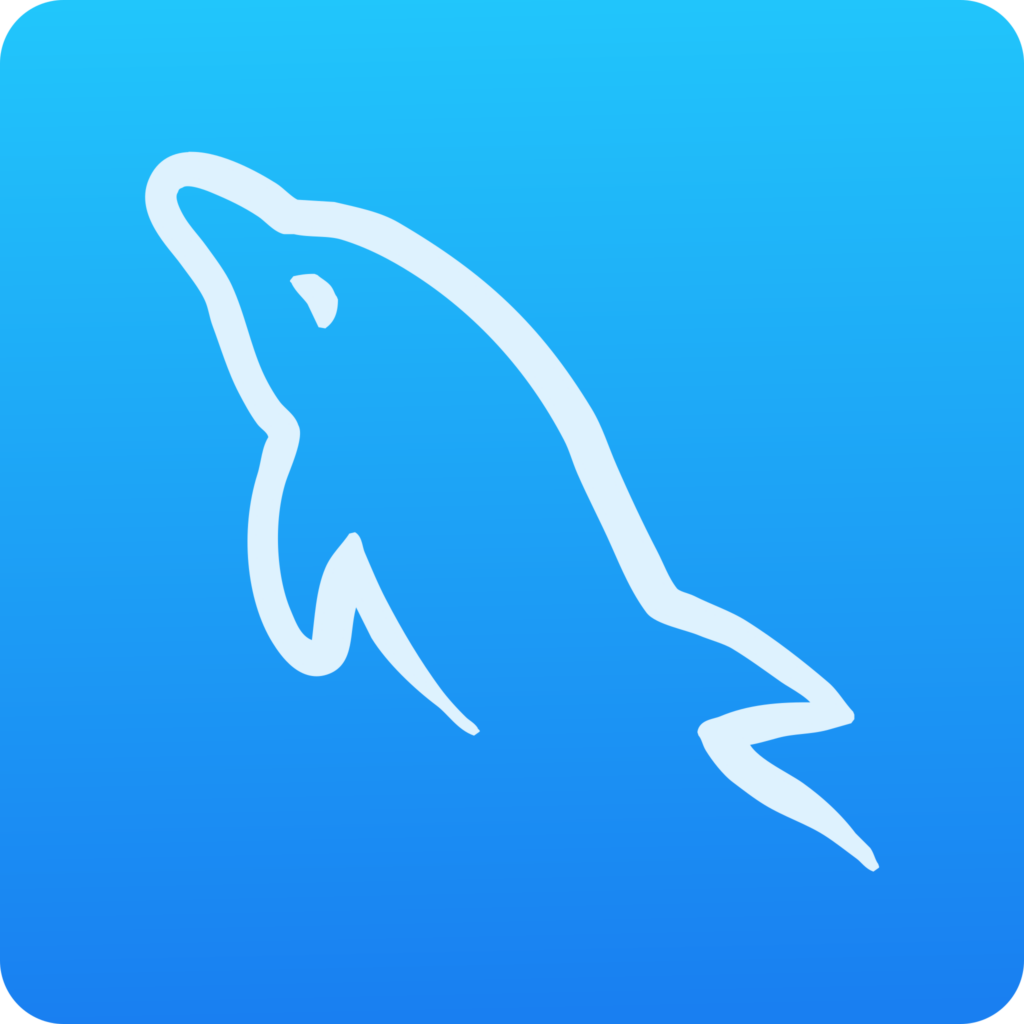
Get access to top-rated courses, real projects, and job-ready skills.
We’re here to help. Talk to our advisors.
I had an incredible experience at this data science bootcamp! Coming in with no prior knowledge, I was amazed at how quickly I gained a solid understanding of the field. The curriculum is intensive and hands-on, allowing me to learn real, applicable skills through working on real client projects. The staff are exceptionally supportive and always ready to help. This bootcamp truly transformed my career path, and I couldn’t be more grateful for the knowledge and confidence I’ve gained. Highly recommended for anyone looking to break into data science!
My experience was awesome. I was taught by professional data engineers who shared their insights based on their professional experience. The topics covered are relevant to what employers are looking for and I enjoyed hands-on projects. I learned all the skills I needed to be a data engineer and I got a full-time offer as a data engineer, thanks to the mentors from WecloudData. I highly recommend this program. I was able to land interviews at Amazon, Yelp, CI Financial e.t.c
Deciding to go with WeCloudData was one of the best decisions I made during my career switch. Their Bootcamps are intense but they get you where you need to go. The instructors are amazing and the TAs very knowledgeable. Their client projects taught me a lot even after the bootcamp was done. I was able to land my current job thanks to the skills and training from the course.
I had the pleasure of attending WeCloudData’s Data Fundamentals bootcamp, which was fantastic. The highly qualified instructors used cutting-edge teaching techniques that greatly facilitated understanding the logic of coding and programming. They carefully progressed us from fundamental to more complex subjects, avoiding any feeling of overload. I wholeheartedly endorse this course for anyone hoping to become a data analyst—it’stheonly one you’ll need. The teachers are very outstanding!
This bootcamp provided me with the necessary technical skills and industry knowledge to secure a data job. The instructors are knowledgeable and shared everything they know to help me achieve my goals. The TAs are resourceful and patient answering my questions. The projects in the bootcamp enhanced my knowledge and impressed interviews. This is a wonderful bootcamp if you are looking to either imporve your skills or switch career!
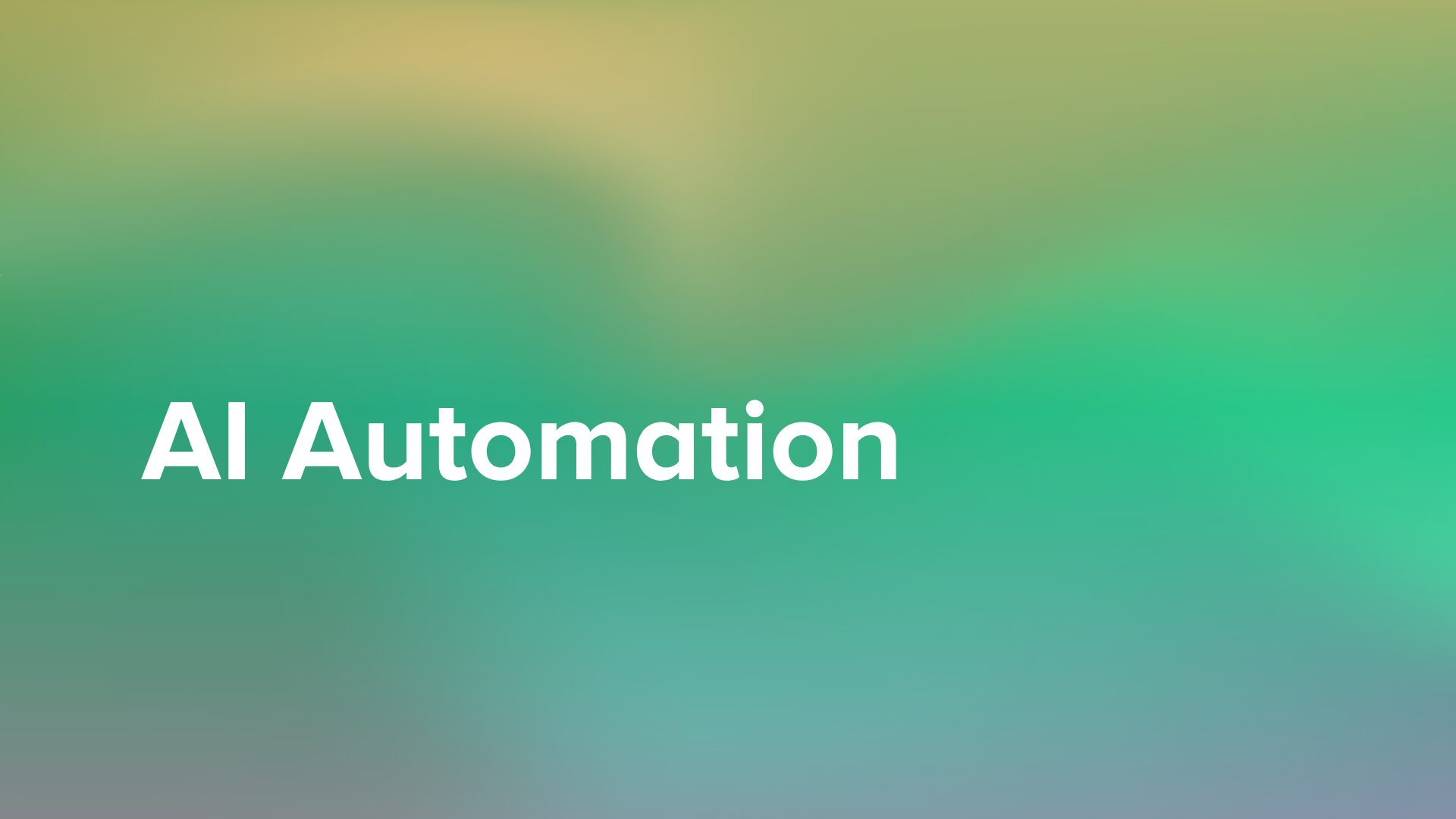
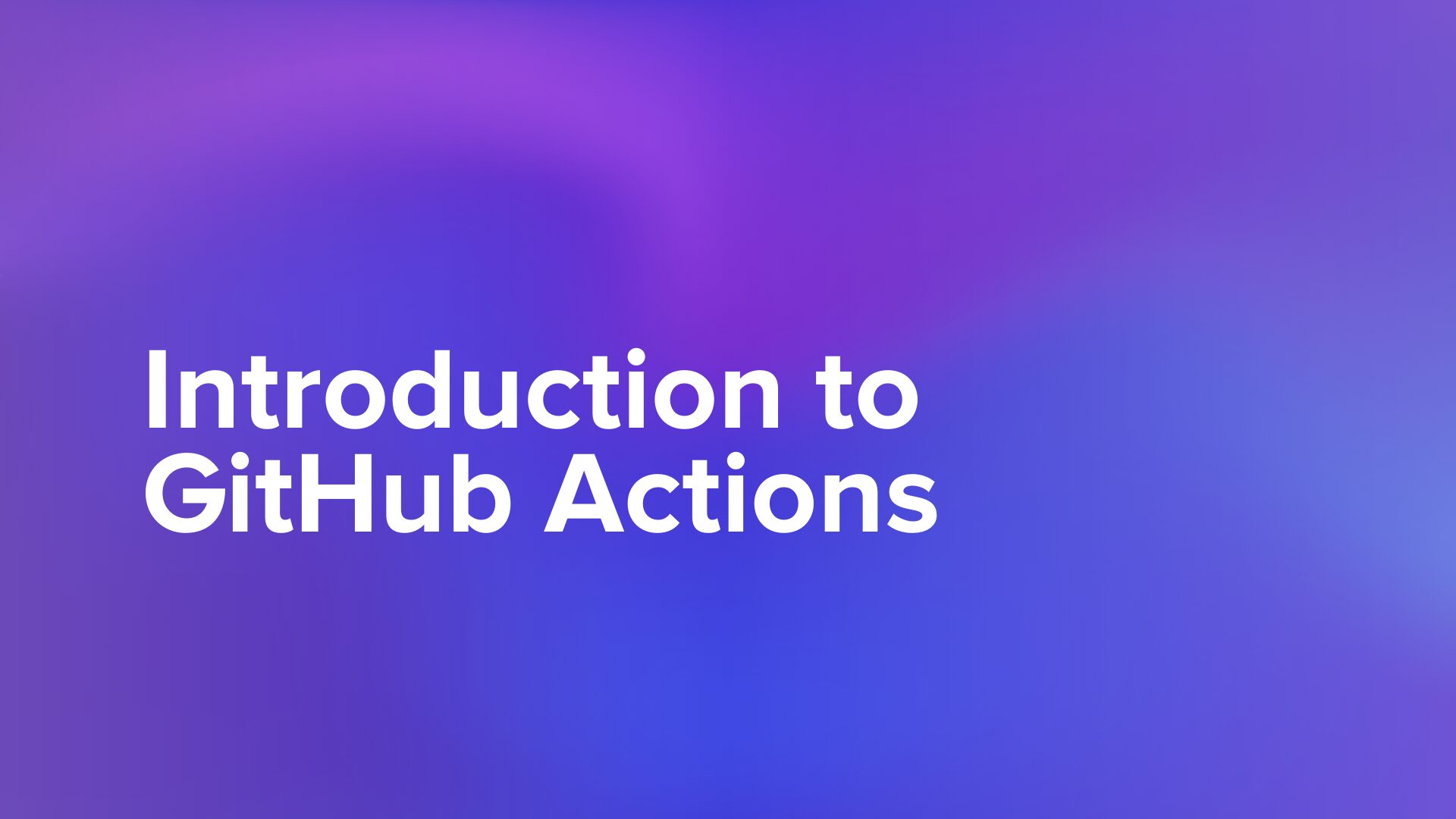
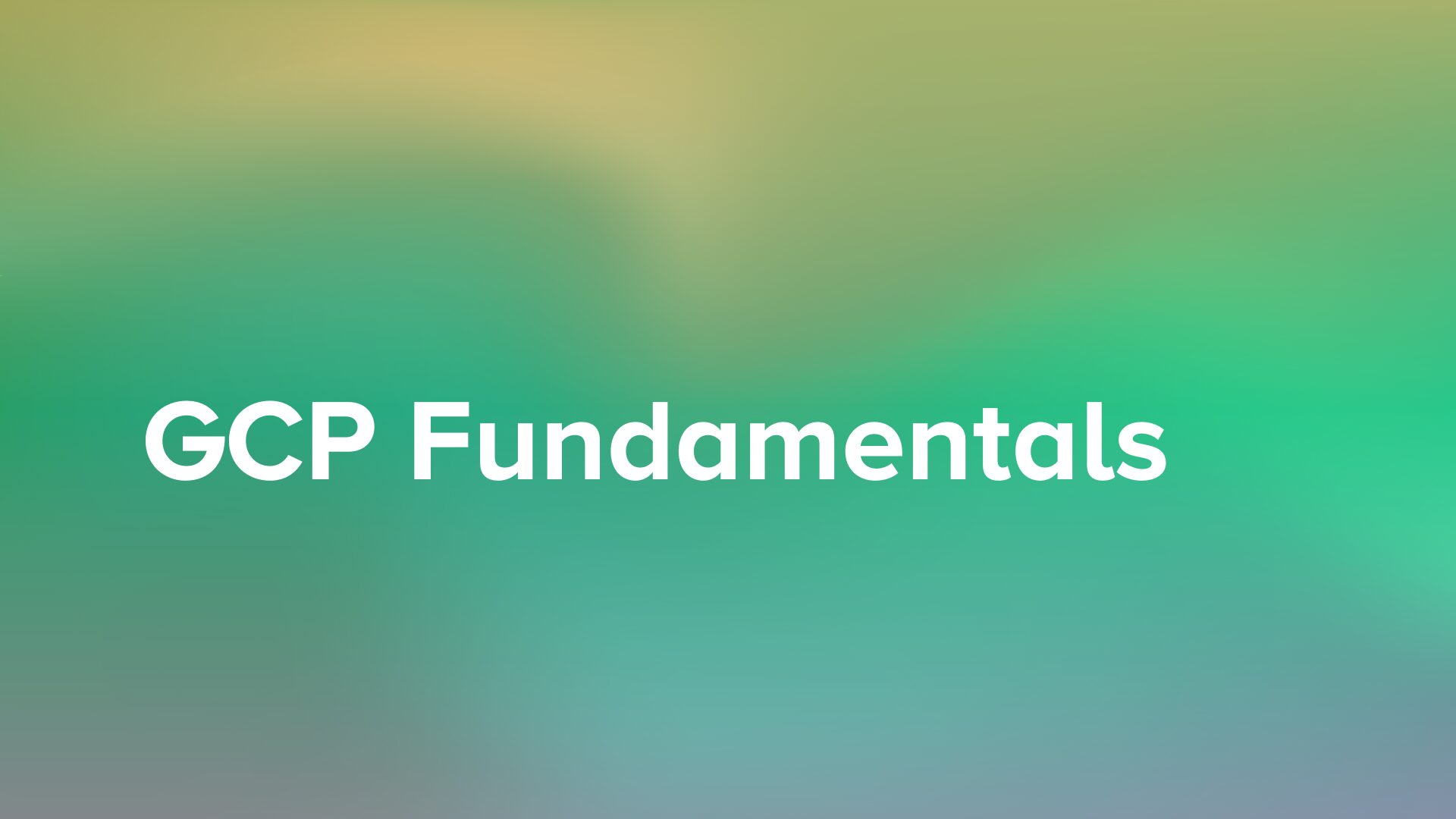
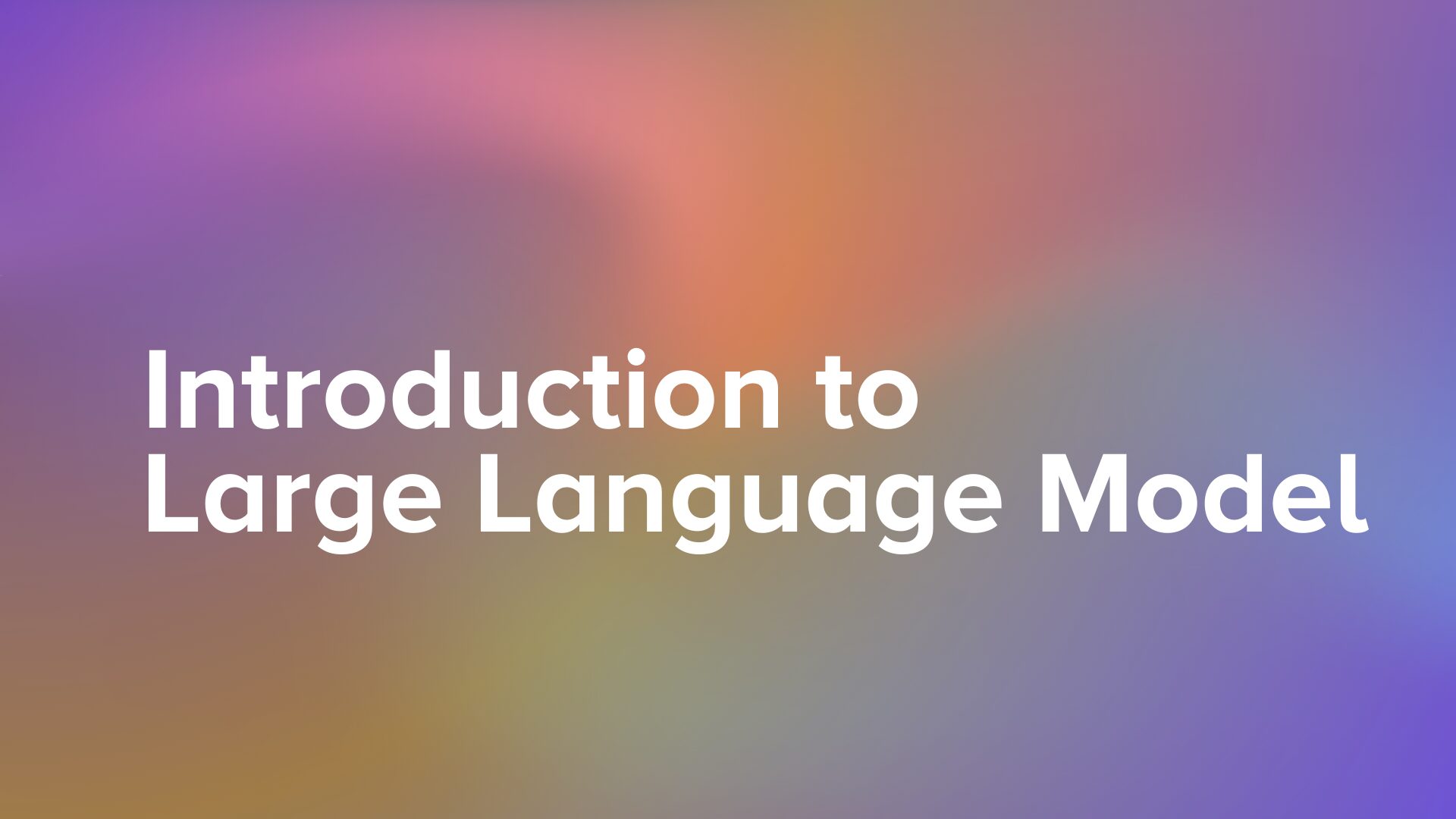

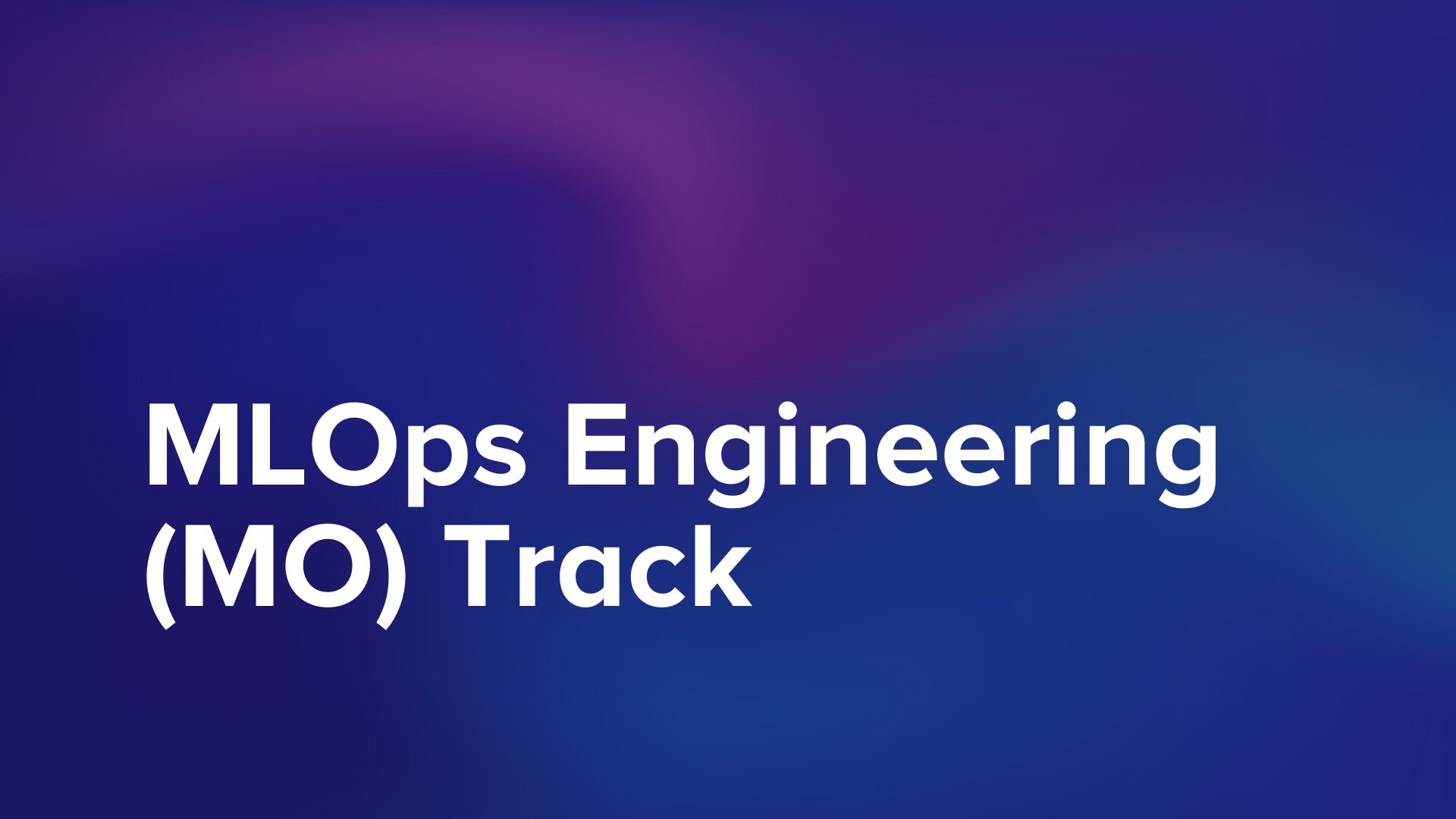
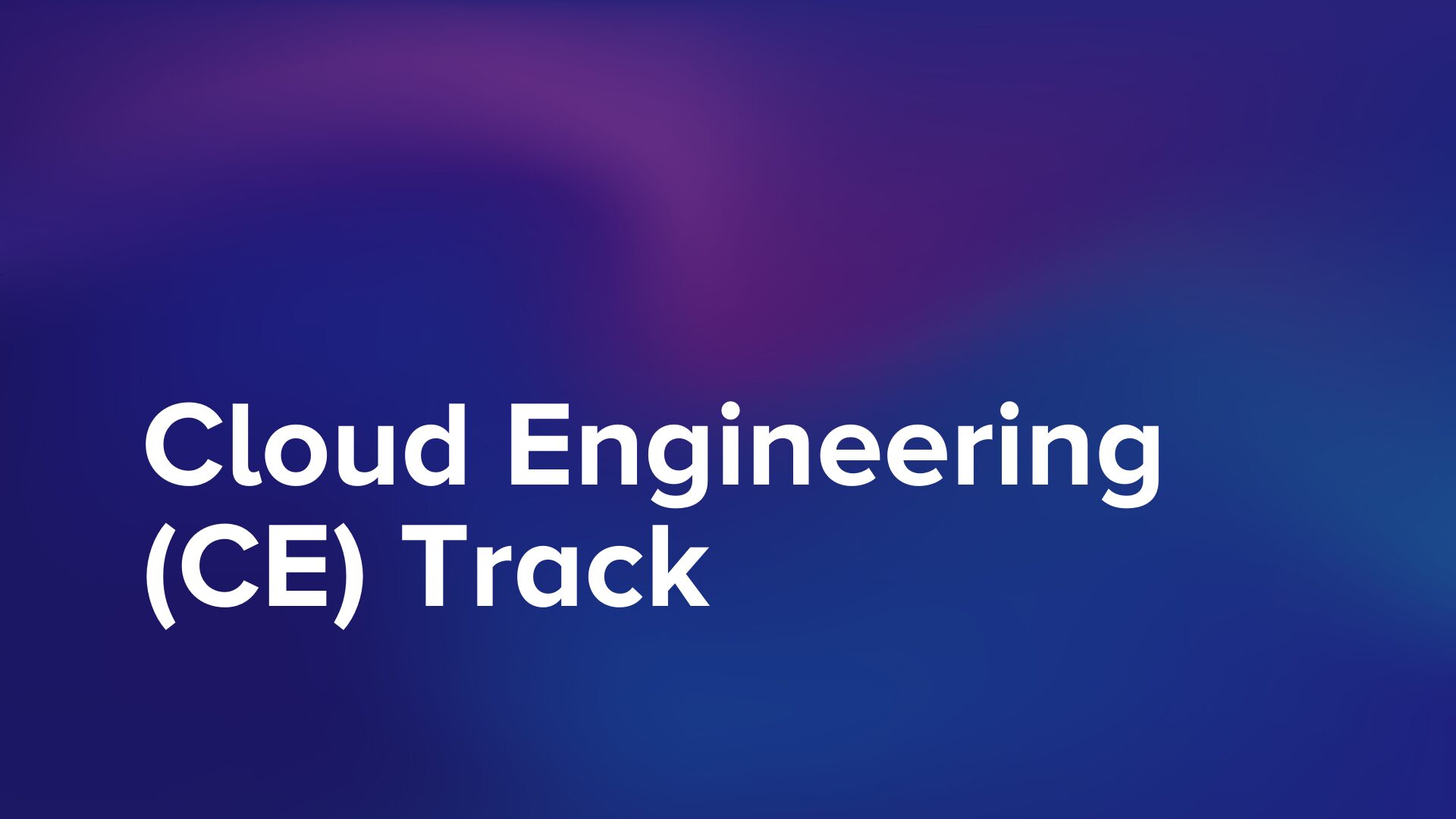
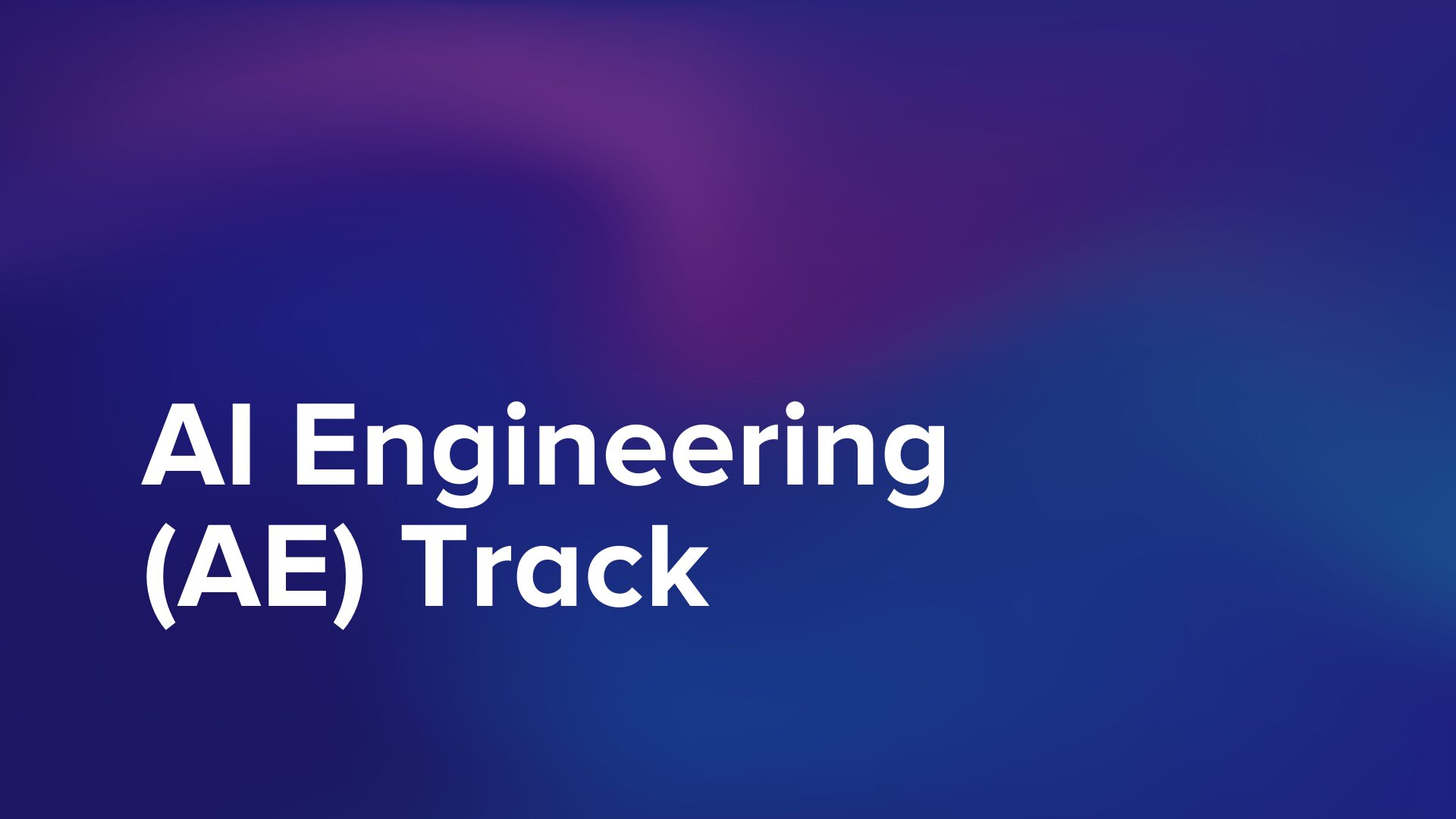
No. Track Courses are only accessible through the Professional or Unlimited+ subscription plans.
Yes, all courses are designed to be self-paced. Learn when it fits your schedule.
Each course includes prerequisites if needed. Many Standard Courses are beginner-friendly.
If you have other queries or specific concerns, don’t hesitate to let us know. Your feedback is important to us, and we aim to provide the best support possible.
Grow your skills, build projects you’ll be proud of, and unlock new opportunities — all at your pace.